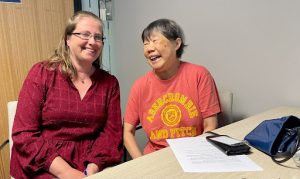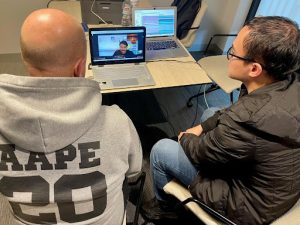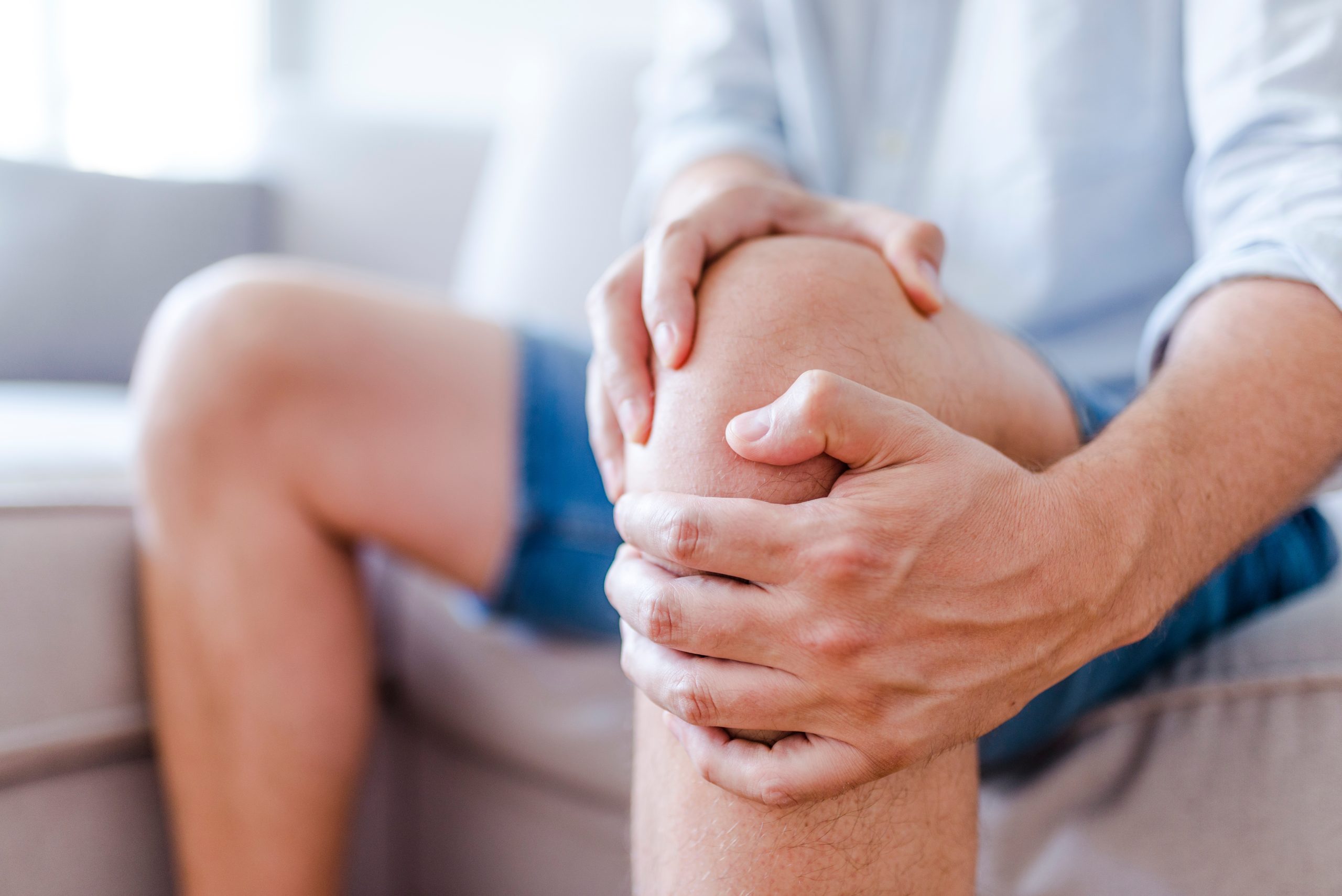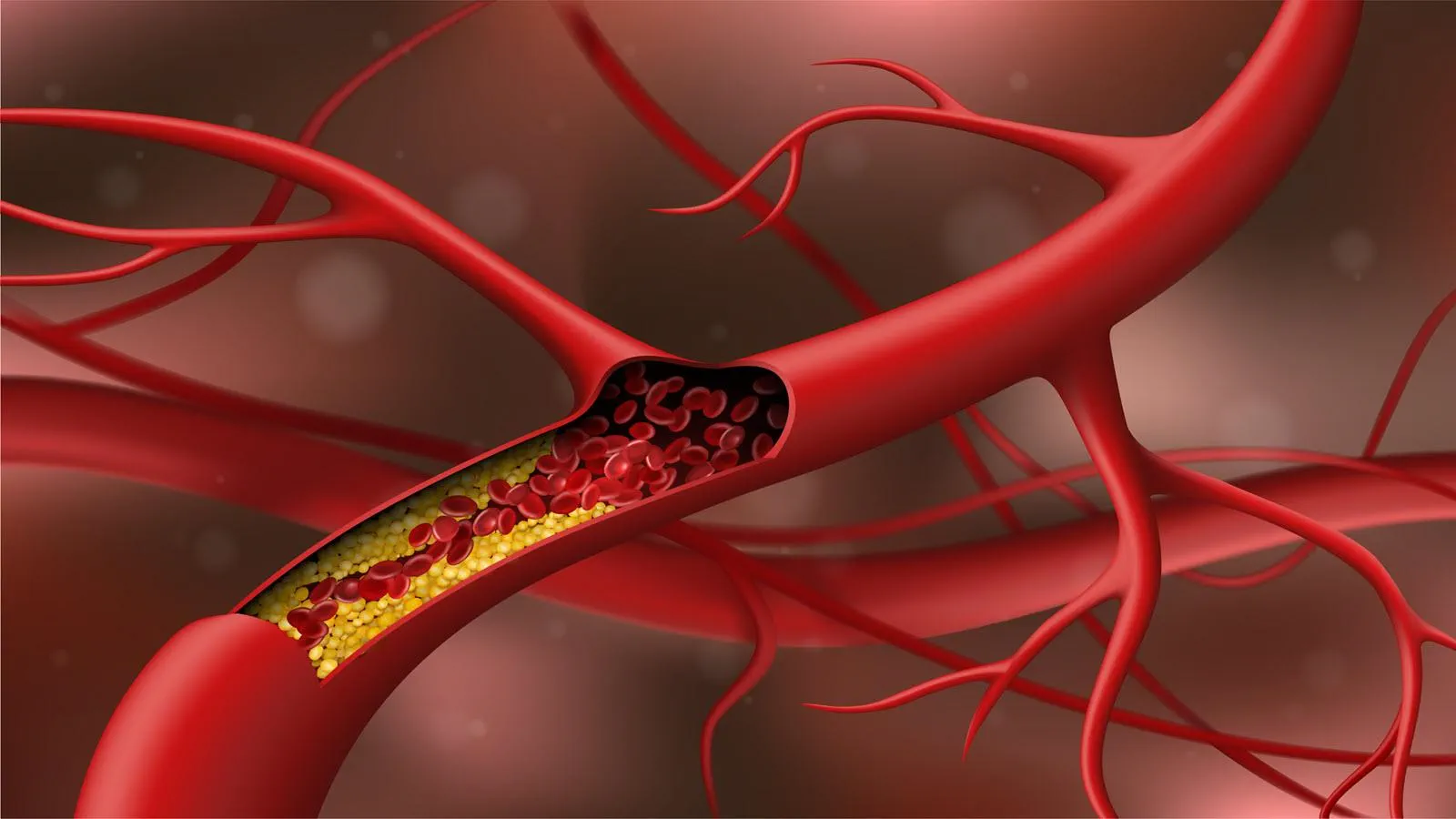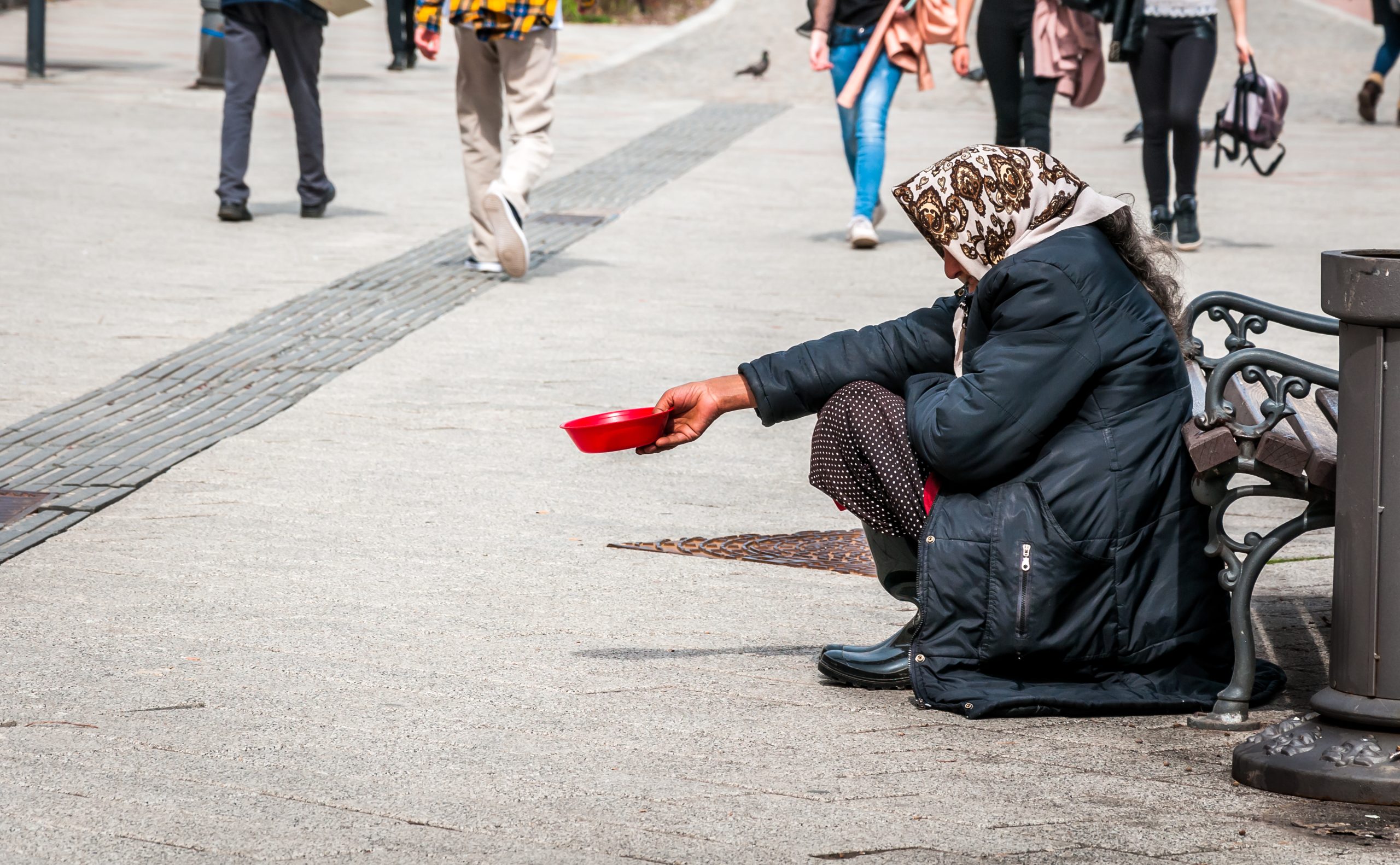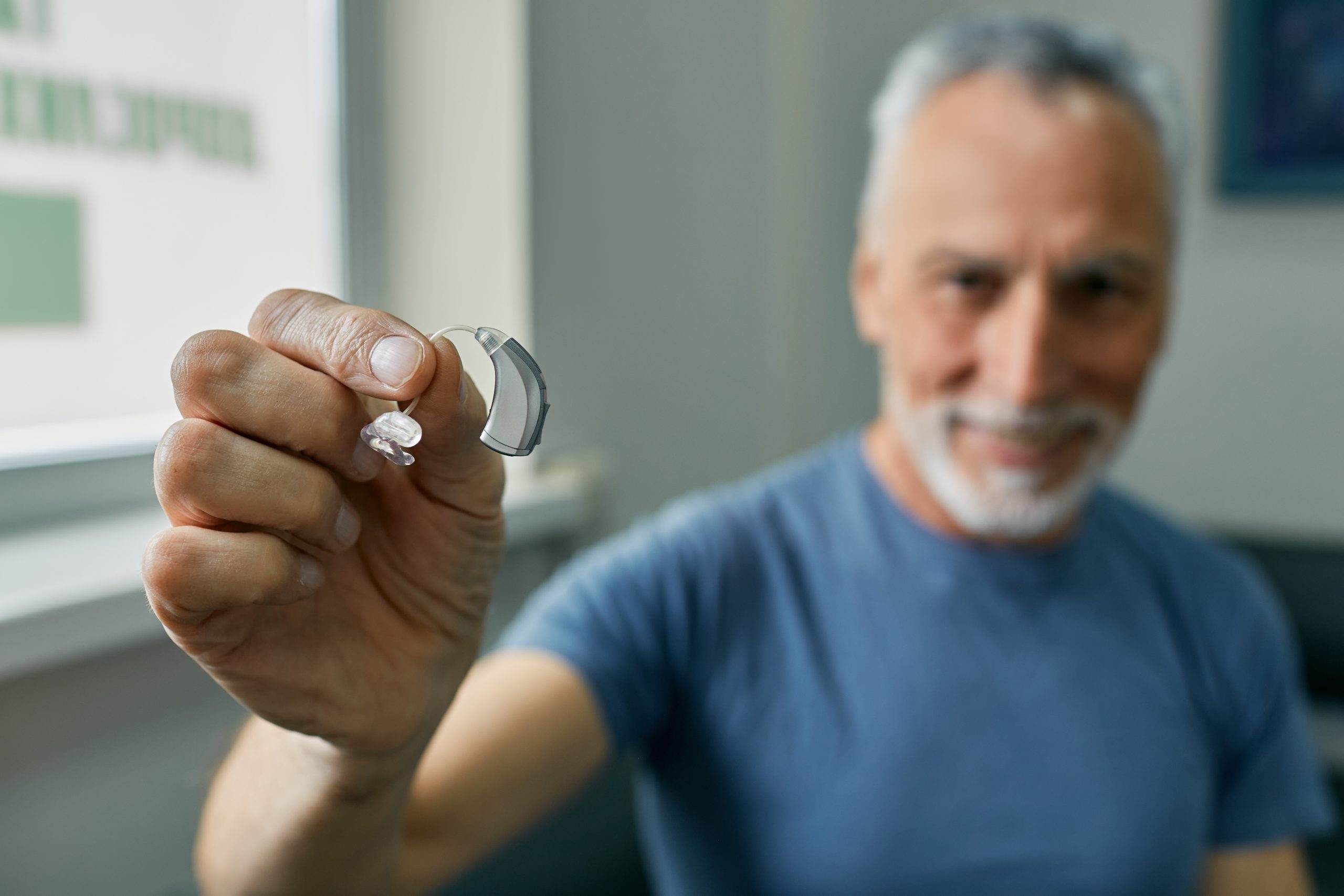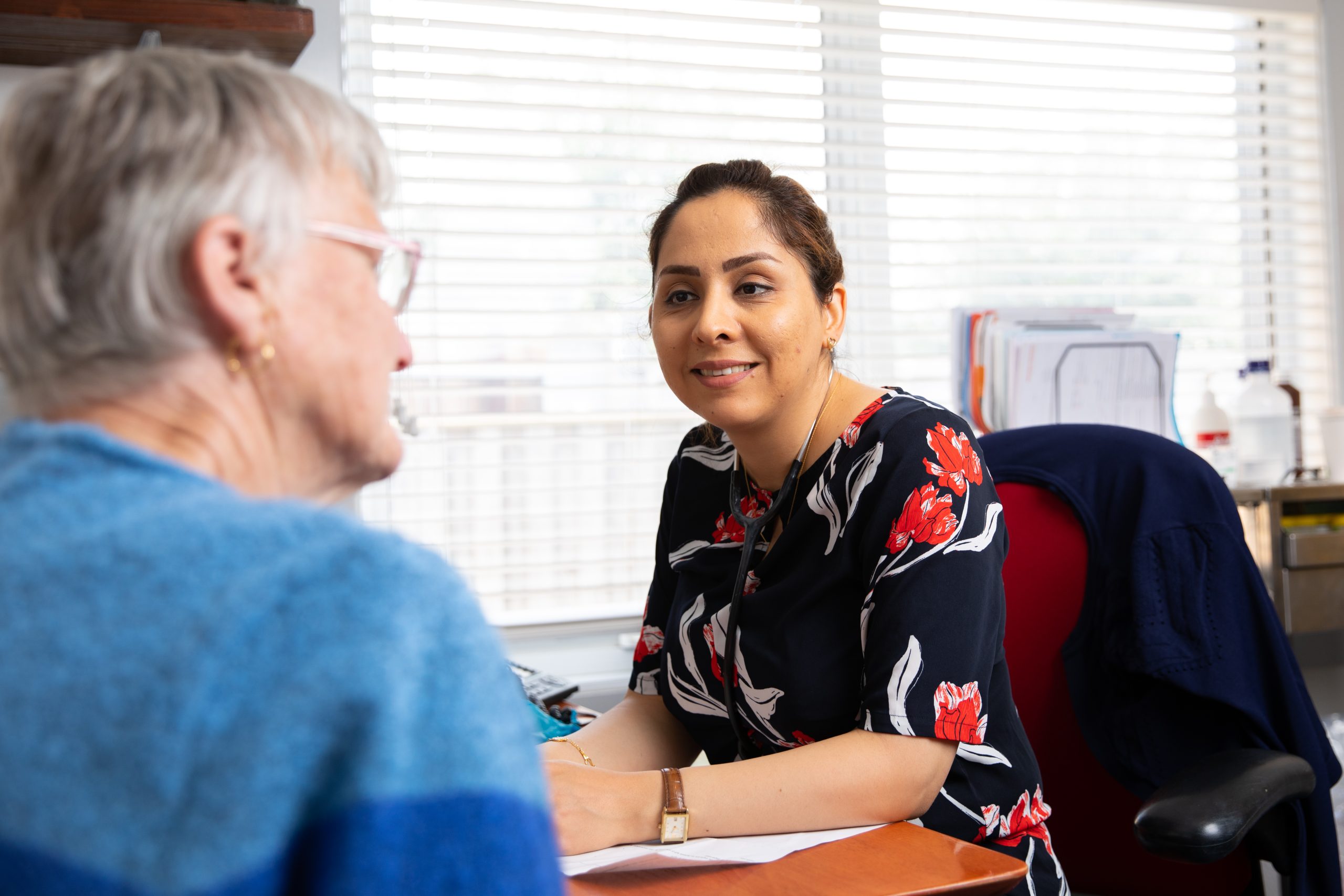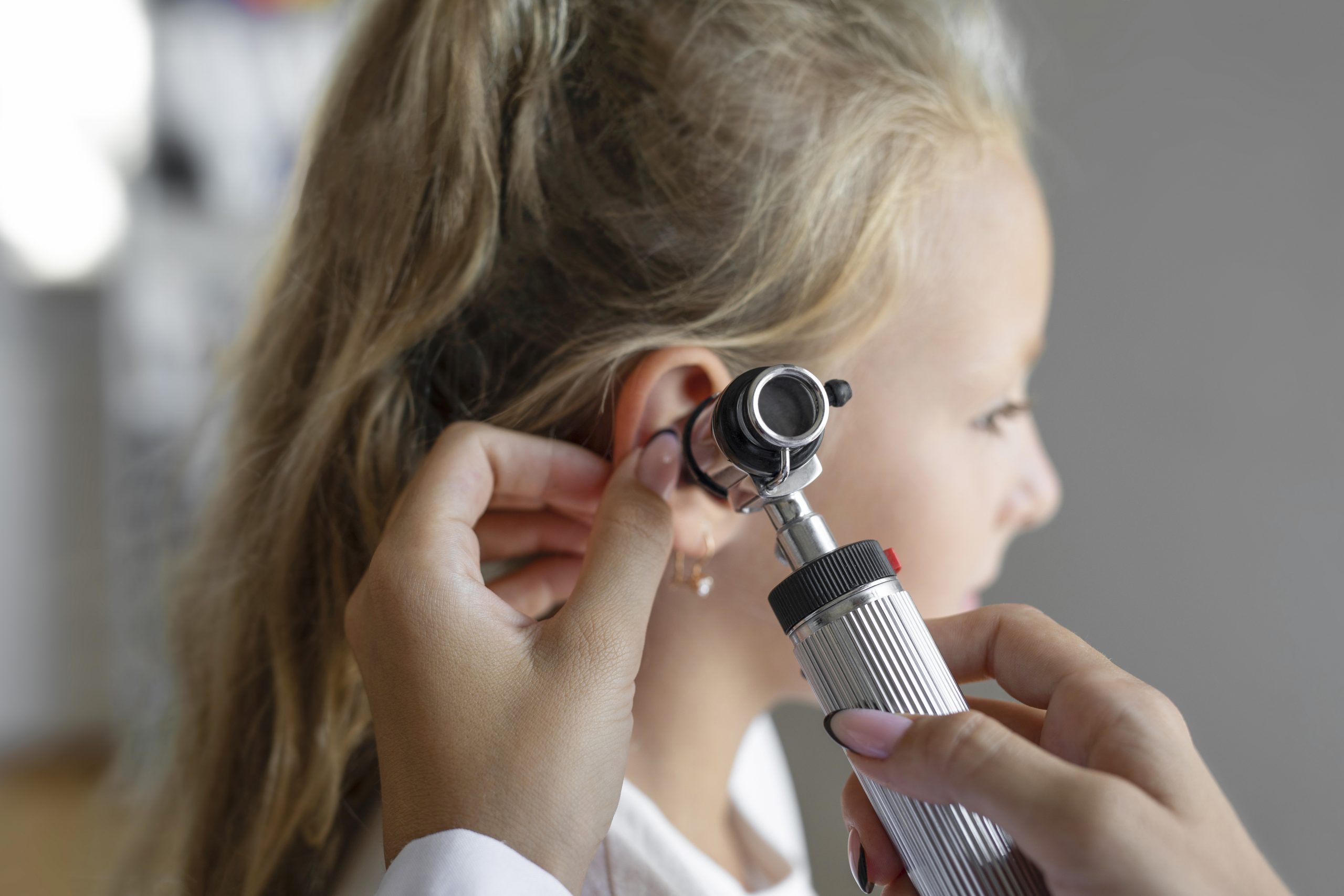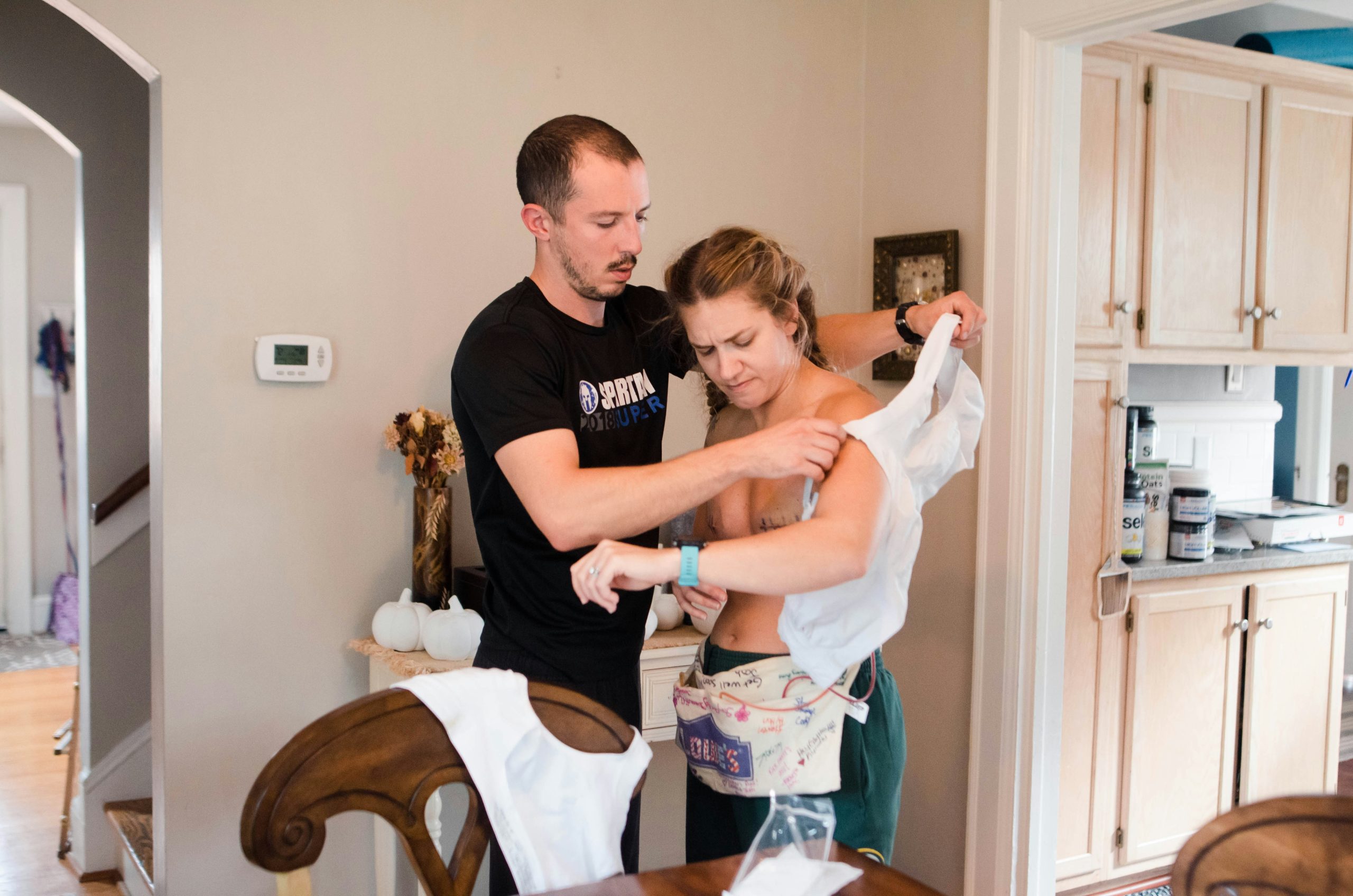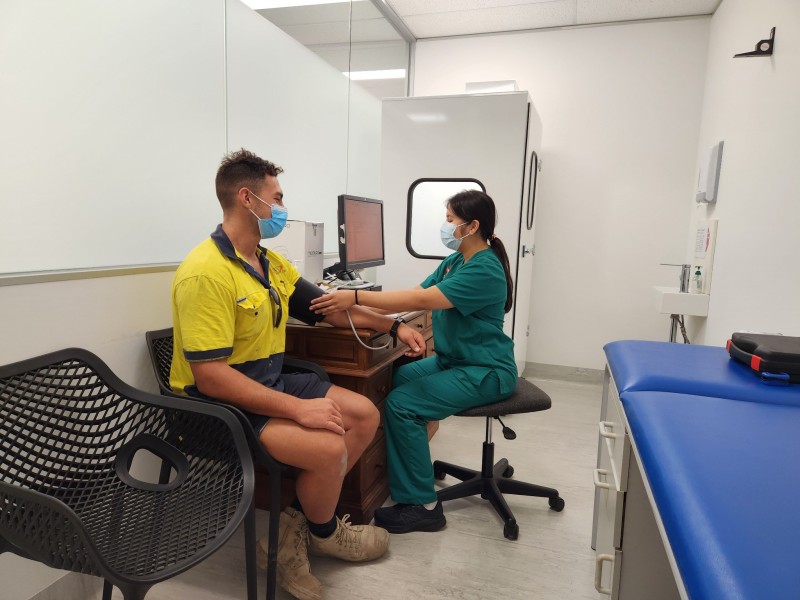One Year In: A Transformative Year for the Mobile GP Project at VincentCare’s Ozanam House
The Mobile GP project at VincentCare’s Ozanam House—it’s been a rollercoaster of a first year. We’re talking major wins, some tough challenges, and a whole lot of heart. This program isn’t just about healthcare; it’s about making a real difference in the lives of those facing homelessness. Buckle up, because this journey is all about impact.

Overview of the Mobile GP Project
Launched to bridge the healthcare gap for individuals facing homelessness, the Mobile GP project offers a variety of services, including nursing (patient advocate), GP Telehealth, face-to-face specialist consultations, mental health support, and physiotherapy. The program’s holistic approach aims to address both immediate and long-term health needs, integrating with Mark & Sylvie’s Home Care for older residents.
Wins and Impact
- Patient Enrollment and Engagement: Over the past year, the program has successfully enrolled 44 patients, all from priority populations including CALD, disability, LGBTIQA+, refugees/asylum seekers, and those experiencing or at risk of homelessness.
- Healthcare Delivery: The services provided included 60 GP Telehealth consultations, fortnightly sessions with a specialist Geriatrician and General Physician, weekly appointments with a Mental Health Social Worker, and monthly physiotherapy sessions. The program has demonstrated its ability to adapt to patients’ unique needs, ensuring comprehensive care.
- Integration with Home Care: Three older residents have been fully integrated into Mark & Sylvie’s Home Care, exemplifying the program’s commitment to continuous, integrated care.
Impact Stories and Real Talk:
The impact of the Mobile GP project is best illustrated through individual stories. A number of people have reported significant improvements in their health and well-being, attributing their progress to the consistent and compassionate care provided by the program’s team. Testimonials highlight increased access to healthcare, better management of chronic conditions, and an overall sense of support and dignity.
The Road Ahead
Looking ahead, the Mobile GP project is gearing up for some serious moves. Here’s the game plan for the next year:
- Expanding Partnerships: We’re doubling down on collaboration, teaming up with more community organisations to bring in more patients and build stronger support networks.
- Enhancing Services: We’re not just stopping at good—we’re aiming for great. We’re tweaking what’s already working based on real patient feedback and cutting-edge healthcare trends.
- Continuous Improvement: We’re all about leveling up. Our focus is on making sure more people get the tailored care they need through the GP Management Health Plans.
Final Thoughts:
Providing access to healthcare isn’t just a job—it’s a mission. At the end of the day, it’s showing up for our community, making sure everyone gets the care they deserve. We’re not stopping here. Year two? It’s all about pushing harder, reaching further, and ensuring that less people are getting left behind. We’re making health and home care more than just a service; we’re making it a lifeline.
With gratitude,
Brett Thiedeman
____________________________________________________________________________
Author: Brett, Project Manager at Atticus Health and a dedicated advocate for early interventions in healthcare, spearheads several initiatives aimed at improving community health outcomes. With a background in managing innovative health programs, Brett combines expertise in healthcare and community engagement to drive meaningful change.
Contact Information: Connect with Brett on LinkedIn or follow Atticus Health for more insights into our community health projects.
